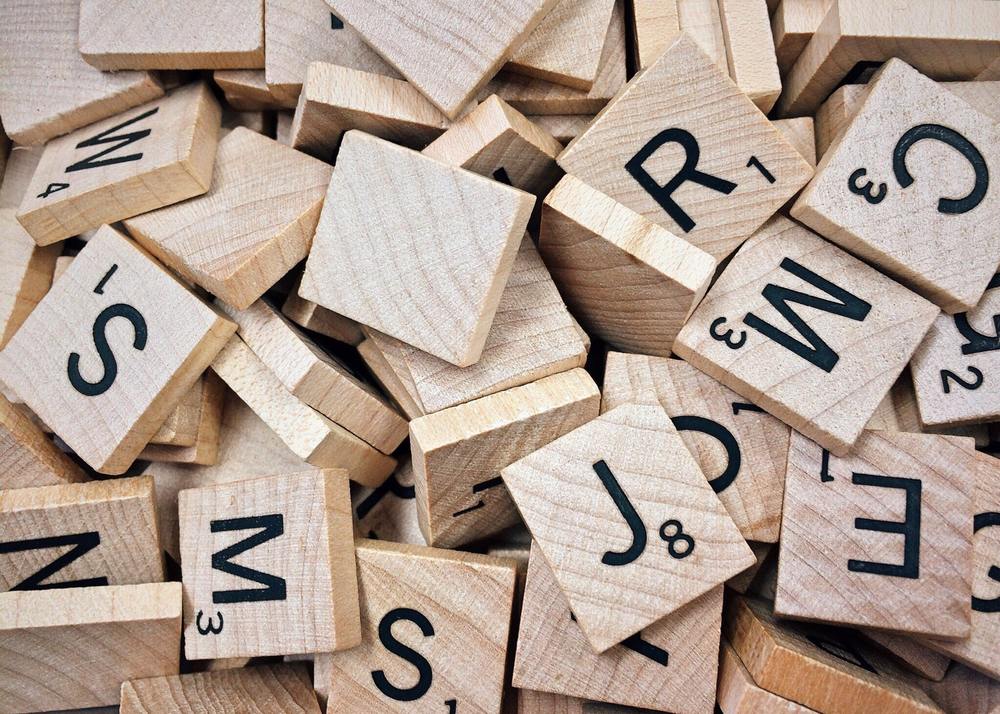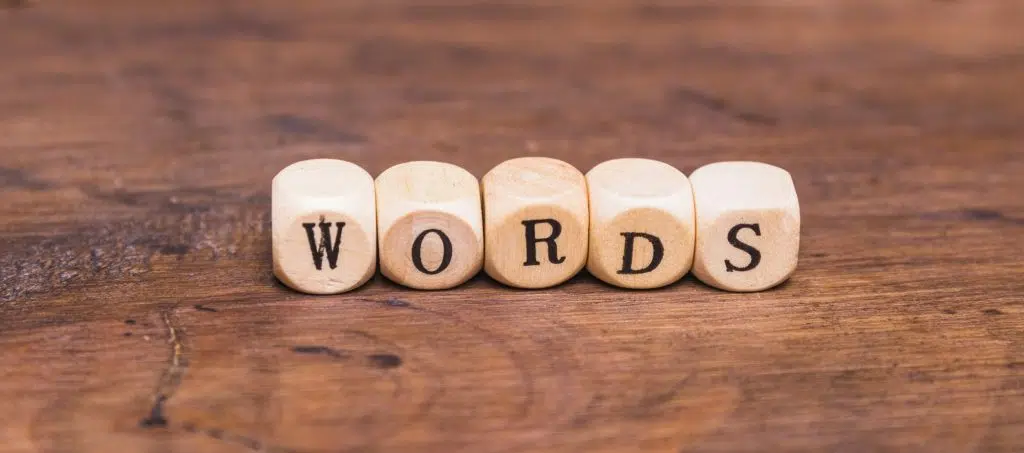Language can be tricky. For example, there are many words in the English language that mean one thing in the United States, but something entirely different in another country. They might look exactly the same on paper, but are completely different when used in context.
Jugez-en plutôt par vous-même :
Consider these following words written in English that can create quite a different situation when used elsewhere:
- Gift. We all know that a gift is a good thing in English. In German, however, it means poison. In Scandinavia, it can mean both poison and marriage, which seems rather ominous.
- Preservative. In English, this is something that keeps your food fresh and free from spoilage. In France, it means something that keeps you free from becoming a parent. Preservative, and its many variations around Europe, all mean the same thing: condom.
- Kiss. If you ask your beloved to give you a kiss in Swedish, you might find yourself single by the end of the night. Over there, it means pee.
- Brat. Have a male sibling that’s driving you crazy? It’s okay to call them a brat. In Russian, Polish, Croatian, Serbian and Ukrainian, brat means brother.
- Barf. This isn’t a word that most people like to think of, but in Hindi, Urdu and Farsi, it means snow. Which is much more pleasant than what it means in English.
- Fart. Teenage boys love to giggle at this word and what it means in English. In Swedish, Norwegian and Danish, however, it un-humorously means speed.
There are other words that are used in different languages that can completely conflict, depending on where you are.
- If you walk into someone’s house in Poland and describe it as “won,” it would be a compliment meaning that it smells nice. A “won” house in Russia means that it stinks.
- In Spanish, “habla” means to say. In Filipino, it means to sue.
- In the Netherlands, you’re quite successful if you’re “schlimm.” In Germany, it means you’re an unsuccessful failure.
Our translators know the difference
Our professional translators know very well what “gift” means in every language. They also understand when something is meant to have a positive spin and when it has a negative connotation based on where it comes from. That’s the power of good translation.
We take pride in the fact that our translators can understand the nuances and subtleties that can occur with any language pair, and they know the differences in cultures to ensure that your industry needs are met with clarity and understanding.
Beyond the language and the culture, each translator specializes in the industries in which they translate. Need a translator to work on global childhood health initiatives? We have people who understand that. Looking for IT translation services? Our skilled translators have the knowledge required to understand software tools and IT practices. Whatever your business needs are, we’ll meet them with the highest standards available.
Contact us today for more information regarding your translation needs.




